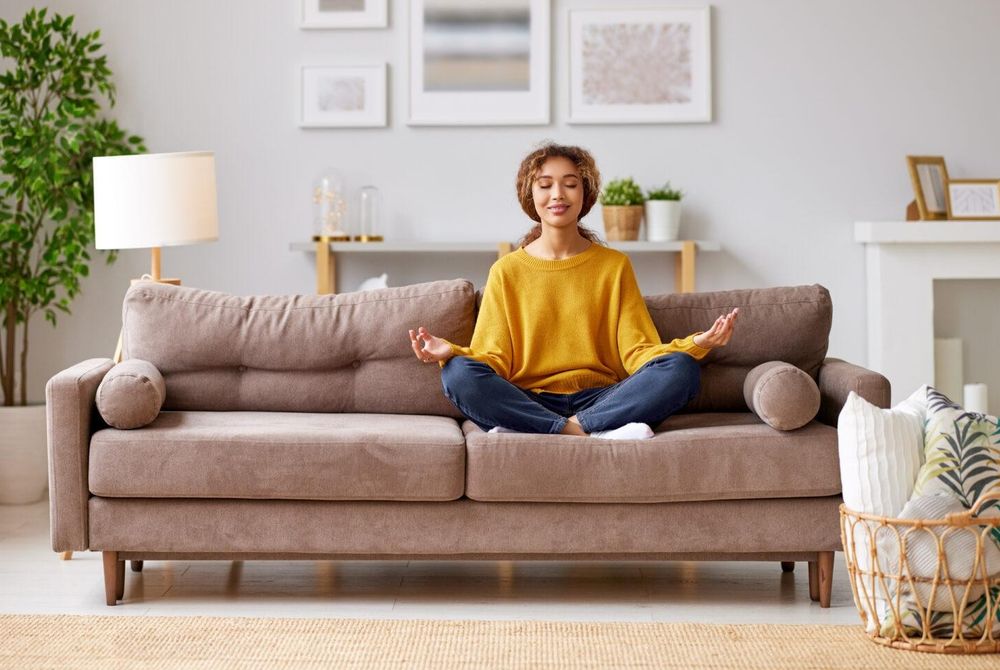Our homes are often a reflection of our mental states. A cluttered, chaotic home can signify a disordered mind, while an organized space can promote calmness and control. Research suggests that excessive clutter can lead to stress, anxiety, and even depression. Organizing your home isn’t just about aesthetics—it’s about setting the stage for a healthier, happier mind.
- Understanding the Impact of a Disorganized Home
- The Problem: Clutter Overload
- Causes: Why Clutter Happens
- Consequences: The Toll on Mental Health
- Practical Advice: Organizing for Mental Clarity
- Step-by-Step Approach to Decluttering
- Useful Tips for Maintaining Order
- Organizational Tools and Gadgets
- Prevention: Keeping Your Space Mentally Healthy
- Building Long-Term Habits
Understanding the Impact of a Disorganized Home
The Problem: Clutter Overload
In many households, clutter accumulates gradually and unnoticed. From stacks of unopened mail to clothes that no longer fit, these piles of stuff can eventually overwhelm your living space, contributing to a sense of chaos.
Causes: Why Clutter Happens
- Excessive Purchases. Buying more than we need or can store properly.
- Emotional Attachment. Holding onto items for sentimental reasons, often beyond their practical lifespan.
- Time Constraints. Lack of time dedicated to regular home maintenance and decluttering.
Consequences: The Toll on Mental Health
Clutter can:
- Distract us from important tasks
- Make it difficult to relax, both physically and mentally
- Increase anxiety by creating a sense of chaos
- Impede productivity by making it hard to find things
Practical Advice: Organizing for Mental Clarity
Step-by-Step Approach to Decluttering
- Identify Problem Areas. Start with the areas that cause the most daily stress, like the kitchen or home office.
- Set Clear Goals. Define what you need from each space in your home. Is it more storage, easier access, or simply less stuff?
- Declutter Gradually. Tackle one room at a time, one section at a time, to avoid burnout.
Useful Tips for Maintaining Order
- Use Storage Solutions. Invest in shelves, bins, and organizers that can help keep items off the floor and neatly arranged.
- Implement a ‘One In, One Out’ Rule. For every new item that comes into your home, ensure an old one leaves.
- Regular Mini-Cleans. Dedicate 10-15 minutes each day to tidying up. This can prevent clutter from building up.
Organizational Tools and Gadgets
To aid in your organizational efforts, consider these gadgets and tools:
- Label Makers. Perfect for clearly marking what goes where, especially in areas like the pantry or storage closets.
- Smart Storage Solutions. Use under-bed containers for seasonal clothing and vacuum-sealed bags to save space.
- Digital Organizers .Apps that help you catalog what you own can make it easier to keep track of your belongings.
Prevention: Keeping Your Space Mentally Healthy
Building Long-Term Habits
- Mindful Purchasing. Before buying, ask if this item is necessary and where it will live in your home.
- Family Involvement. Make organizing a family activity, ensuring everyone contributes to maintaining a tidy home.
- Mental Health Check-Ins. Regularly assess how your home’s organization is affecting your mood and stress levels.
Organizing your home can transform it from a source of stress to a sanctuary of peace. By taking control of your space, you can also take control of your mind. Remember, a decluttered space leads to a decluttered mind, setting you on a path toward improved mental health and overall well-being. Begin with small steps, and soon you’ll see how a tidy home can reflect a calm, collected you.




